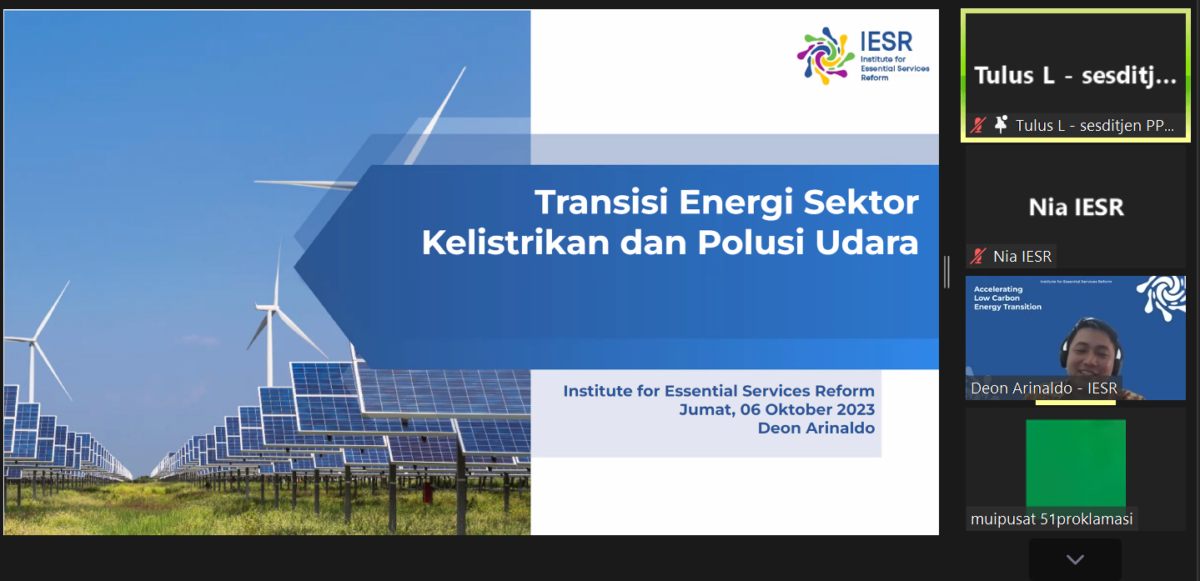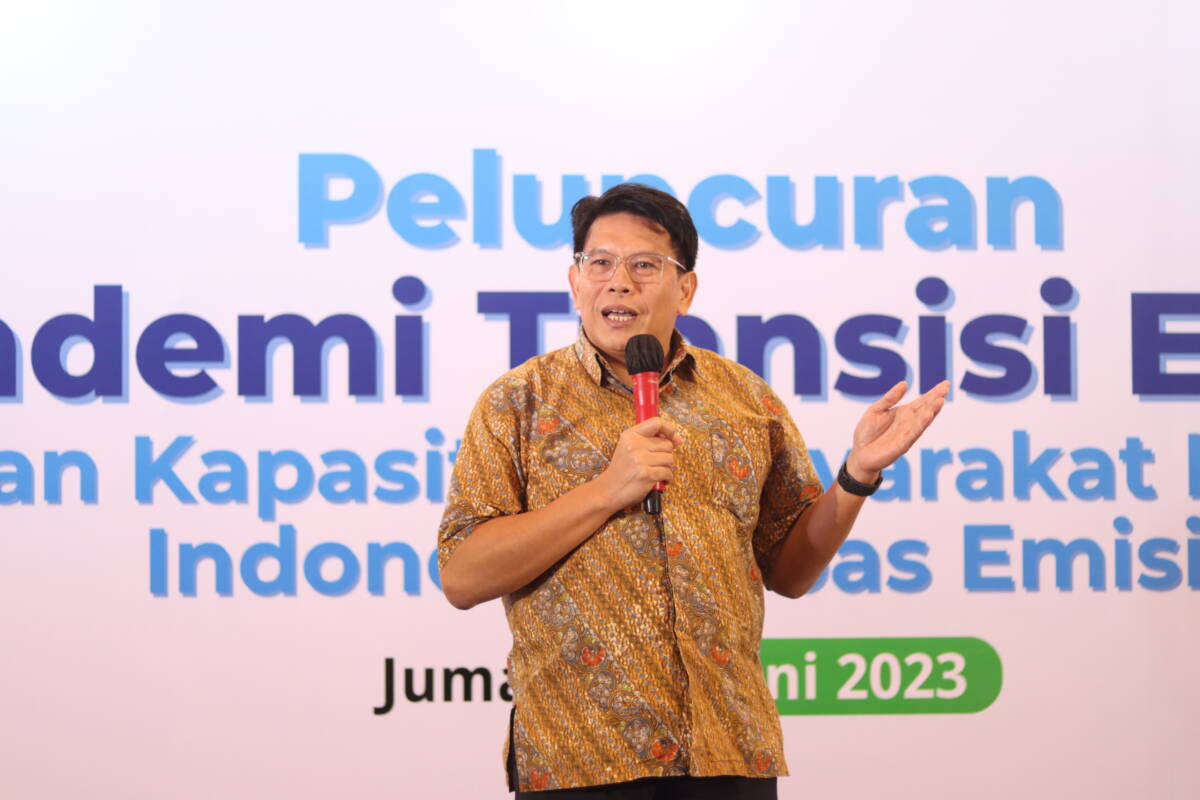The Prabowo administration's ambitious target of boosting economic growth to 8% and achieving the Indonesia Emas 2045 vision faces a major challenge if dependence on fossil fuels is not immediately changed. Read more at Suara.com.
Not just a short-term project, this effort is designed as a sustainable program that involves collaboration between the government and the private sector. Read more on Suara.com.
Not just a short-term project, this effort is designed as a sustainable program that involves collaboration between the government and the private sector. Read more on Suara.com.
The clean energy sector or new renewable energy (NRE) is said to be able to create a large number of jobs. Read more on Kata Data.
The government is prioritizing the development of solar energy, which is expected to become a locomotive for increasing the national clean energy mix in the future. In addition, solar energy development is low investment cost, competitive and fast implementation.
Read more on iNews.
The day before the opening of the 28th Climate Change Conference or COP28 in Dubai, United Arab Emirates (UAE), Thursday (30/11/2023), a press release circulated regarding the resignation of the current President of COP28 this, Sultan Al Jaber, from the position of Chief Executive of Abu Dhabi National Oil Company (ADNOC), the UAE's national oil company.
Read…
For more than a decade, the fishermen in Kanci village, on the outskirts of the industrial city of Cirebon, have seen their catch of mussels, shrimp and fish decline. More worryingly, they have seen cases of respiratory illness rise, particularly among children and the elderly.
Read more on CNA.
The government plans to distribute free rice cookers to the public in order to promote the use of clean energy across all industrial sectors. This plan is outlined in Minister of Energy and Mineral Resources Regulation No. 11 of 2023 regarding the Provision of Electric-Based Cooking Appliances to Household.
Read more on Kata Data.

Jakarta, October 6, 2023 - Air pollution has been a significant issue faced by the residents of Jakarta, Bogor, Depok, Tangerang, and Banten (collectively known as Jabodetabek) for quite some time now. These unfavorable circumstances require urgent attention and action because environmental pollution in Jakarta can portray Indonesia's development as harming the environment. Program Manager…
The East Kalimantan Provincial Government is committed to encouraging energy access for communities in isolated or remote areas.
Read more on Kontan.
Indonesia has pushed back until later this year plans to announce investments from a fund of $20 billion pledged by rich countries and global lenders to help speed transition to cleaner energy sources, authorities said on Wednesday.
Read more on Reuters.

Jakarta, June 23, 2023 - The Institute for Essential Services Reform (IESR) encourages community capacity building towards an emission-free Indonesia by launching the Energy Transition Academy platform, accessed via the academy.transisienergi.id website. The platform serves as a forum for learning about energy transition and climate change issues connecting with the growing popularity and frequent use…
